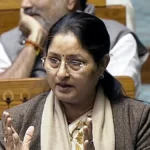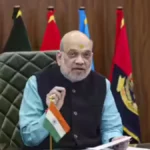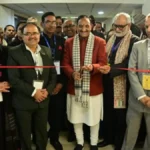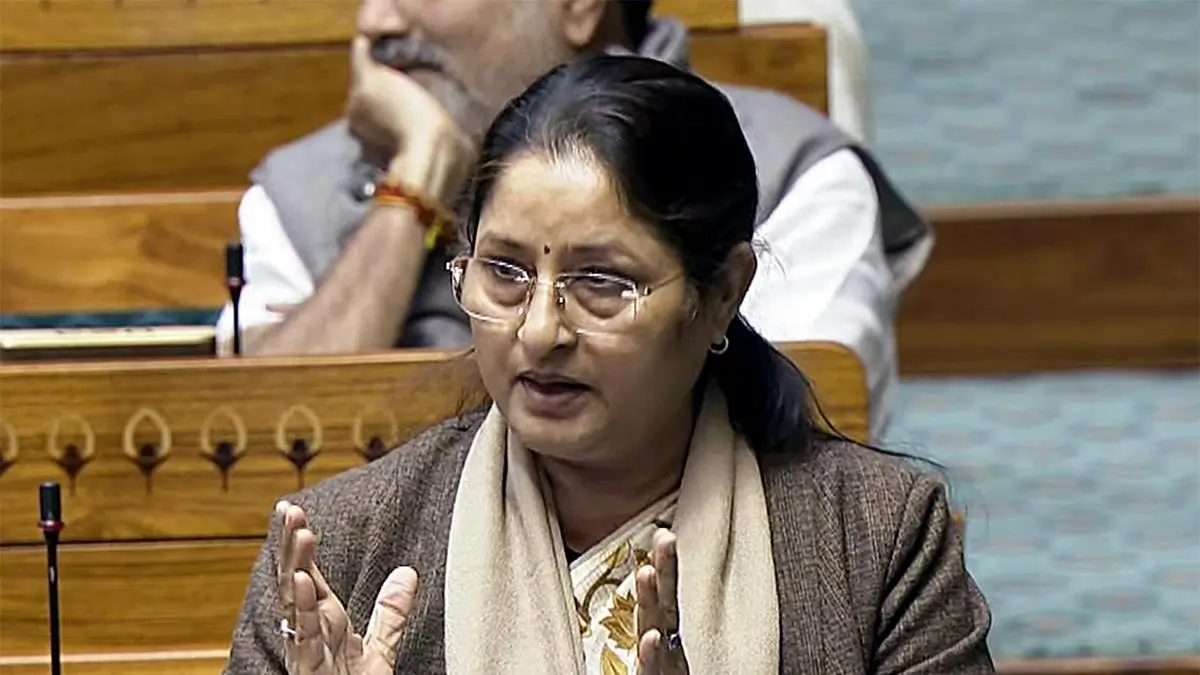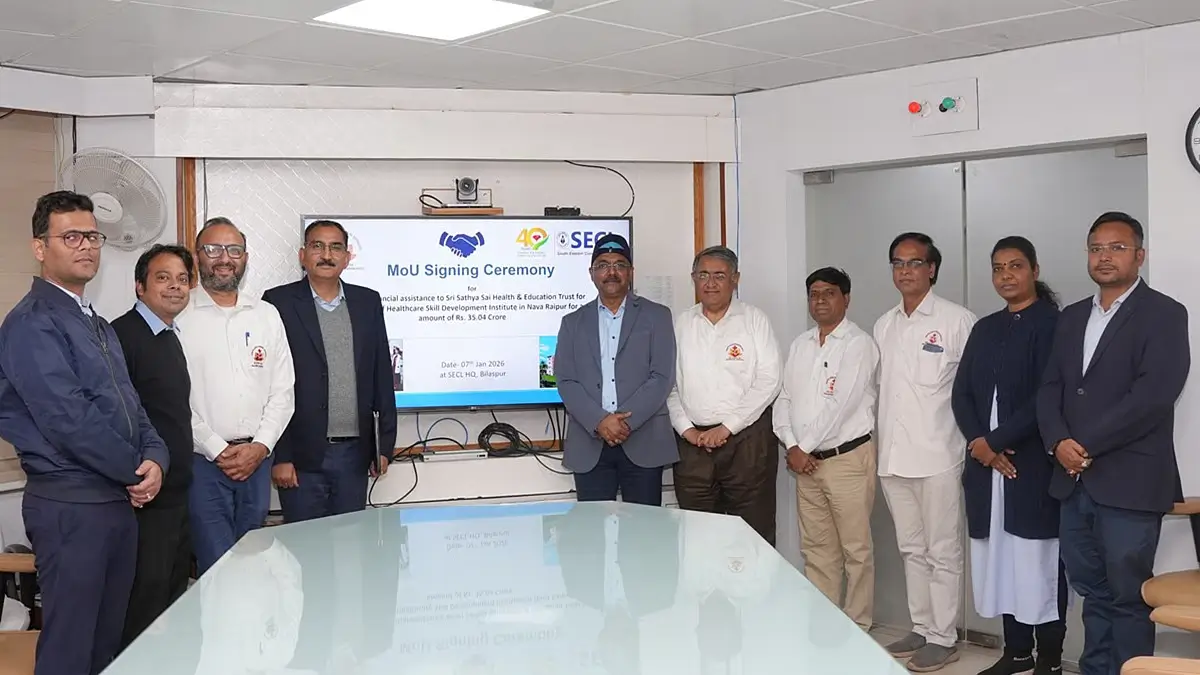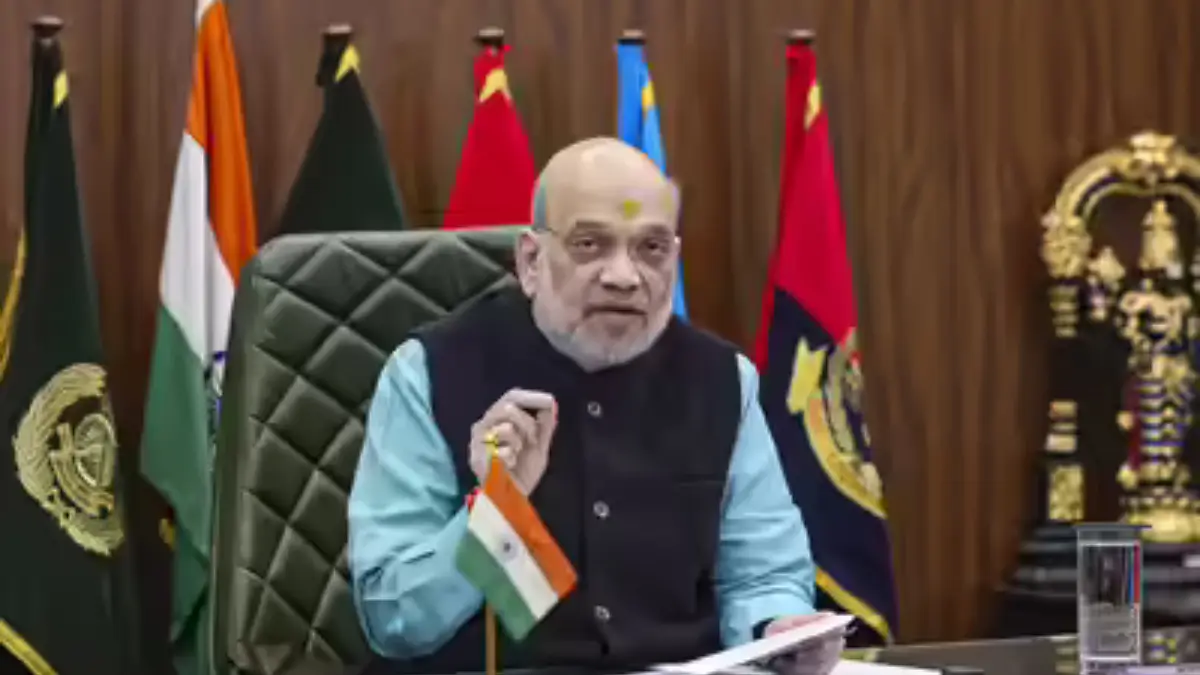Amit Shah Re-Elected as Chairperson of Parliamentary Committee on Official Language
Amit Shah’s Re-Election as Chairperson
On [Date], Amit Shah was re-elected as the Chairperson of the Parliamentary Committee on Official Language. This re-election marks a significant moment in Indian politics, reinforcing Shah’s influence in shaping the country’s language policy. The committee, which plays a crucial role in overseeing the implementation of the Official Languages Act, is responsible for ensuring that Hindi and other regional languages are used effectively in government communications.
Role of the Parliamentary Committee on Official Language
The Parliamentary Committee on Official Language is tasked with monitoring the use of Hindi and other languages in official communication. Its duties include reviewing the implementation of language policies and recommending improvements. The committee’s work is essential for maintaining linguistic diversity and ensuring that language policies are adhered to across various government departments.
Amit Shah’s Contributions and Impact
Amit Shah, who has been a prominent figure in Indian politics, has significantly contributed to the promotion of Hindi as an official language. His re-election as Chairperson underscores his commitment to advancing language policies and addressing the challenges faced in implementing them. Shah’s leadership is expected to continue shaping the committee’s agenda and promoting linguistic harmony.
Future Outlook for the Committee
With Amit Shah at the helm, the Parliamentary Committee on Official Language is poised to undertake several initiatives aimed at enhancing the use of official languages in government functions. This includes addressing issues related to the implementation of language policies and exploring ways to better integrate regional languages into official communications.
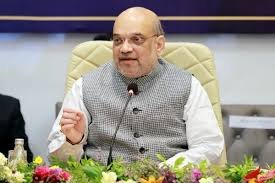
Why This News is Important
Enhancing Language Policy Implementation
Amit Shah’s re-election as Chairperson of the Parliamentary Committee on Official Language is crucial for the effective implementation of India’s language policies. The committee’s role in overseeing the use of official languages, including Hindi and regional languages, ensures that government communications are accessible and inclusive.
Promoting Linguistic Harmony
Shah’s leadership in the committee is expected to foster greater linguistic harmony within the country. By promoting the use of multiple languages in official settings, the committee helps bridge communication gaps and supports the linguistic diversity of India.
Strengthening Government Communication
Under Shah’s guidance, the committee will focus on improving the integration of various languages in government communications. This includes addressing challenges related to language implementation and enhancing the effectiveness of official documents and communications.
Addressing Regional Language Concerns
The re-election of Amit Shah highlights the commitment to addressing concerns related to the use of regional languages. The committee’s efforts in this area are vital for ensuring that regional languages receive the attention and support they deserve in official communications.
Impact on Policy Making
The work of the Parliamentary Committee on Official Language under Shah’s leadership will have a significant impact on language policy making in India. By reviewing and recommending improvements to language policies, the committee plays a key role in shaping the linguistic landscape of the country.
Historical Context: Background on the Official Languages Act
The Official Languages Act of 1963
The Official Languages Act, enacted in 1963, was a landmark piece of legislation aimed at defining the use of languages in Indian government operations. It established Hindi and English as the official languages of the Indian government, with provisions for the use of regional languages in specific contexts.
The Role of the Parliamentary Committee
The Parliamentary Committee on Official Language was established to oversee the implementation of this act. Its primary role is to ensure that the provisions of the act are adhered to and to address any issues related to the use of official languages in government functions.
Historical Developments
Over the years, the committee has played a crucial role in shaping language policy in India. Its recommendations have led to various reforms and initiatives aimed at improving the use of official languages and promoting linguistic diversity within the country.
Key Takeaways from Amit Shah’s Re-Election as Chairperson
| Serial Number | Key Takeaway |
|---|---|
| 1 | Amit Shah has been re-elected as Chairperson of the Parliamentary Committee on Official Language. |
| 2 | The committee oversees the implementation of language policies and ensures effective use of Hindi and regional languages. |
| 3 | Shah’s leadership will focus on improving the integration of various languages in government communications. |
| 4 | The re-election highlights the commitment to addressing regional language concerns and promoting linguistic harmony. |
| 5 | The committee plays a significant role in shaping language policy and enhancing communication within the government. |
Important FAQs for Students from this News
1. What is the role of the Parliamentary Committee on Official Language?
The Parliamentary Committee on Official Language oversees the implementation of the Official Languages Act, ensuring effective use of Hindi and regional languages in government communications. It reviews language policy adherence and recommends improvements.
2. Who was re-elected as Chairperson of the Parliamentary Committee on Official Language?
Amit Shah was re-elected as Chairperson of the Parliamentary Committee on Official Language.
3. What are the main responsibilities of Amit Shah as Chairperson?
As Chairperson, Amit Shah is responsible for guiding the committee’s efforts to promote the use of official languages, addressing challenges in language implementation, and recommending policy improvements.
4. How does the re-election of Amit Shah impact language policy in India?
Shah’s re-election is expected to strengthen the implementation of language policies, promote linguistic diversity, and improve government communication by better integrating regional languages.
5. When was the Official Languages Act enacted?
The Official Languages Act was enacted in 1963, establishing Hindi and English as the official languages of the Indian government while allowing for the use of regional languages in certain contexts.
Some Important Current Affairs Links




